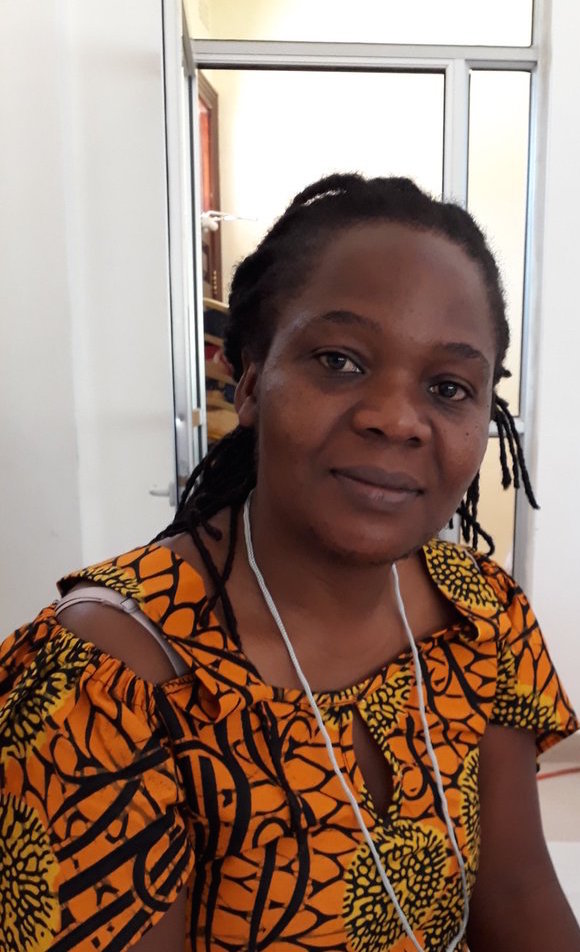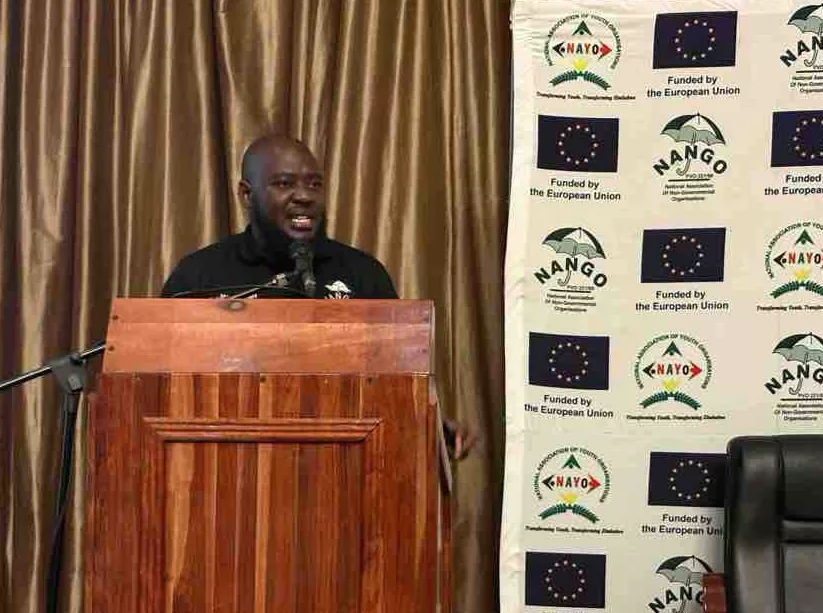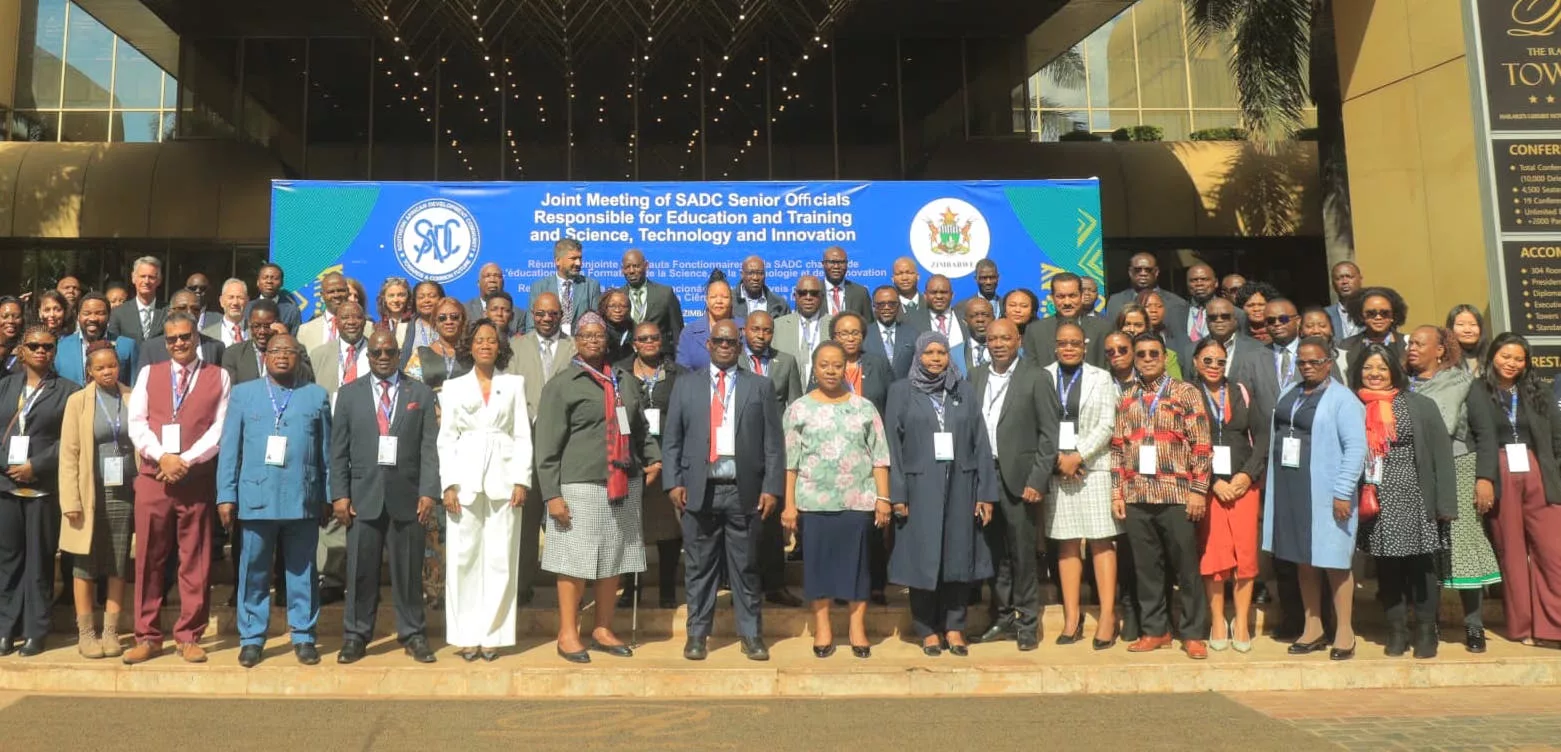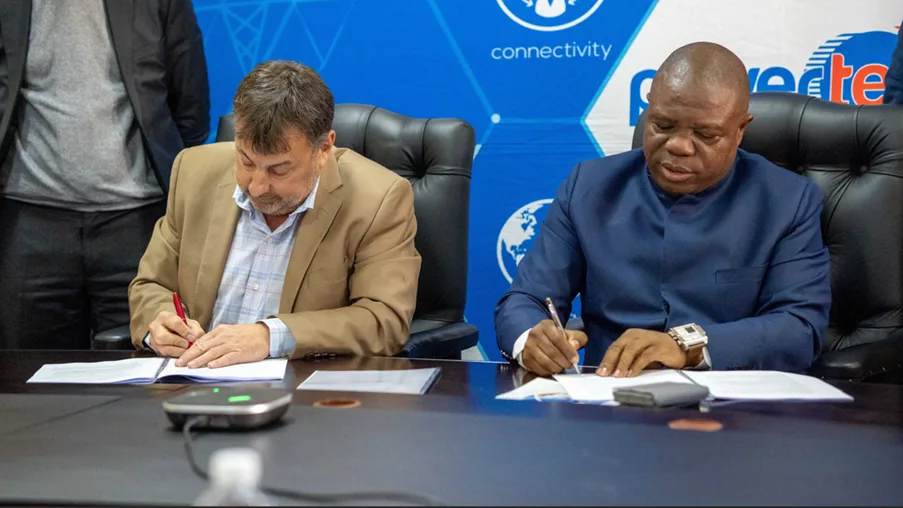By Tatenda Mujeyi
Non Governmental Organisations led by Katswe Sistahood, at their Harare office, have lobbied for the institution of an education policy that considers re-entry of impregnated students to school.
The NGOs argue that education is a human right that is guaranteed by the constitution and sustainable development goals that should be guaranteed.
“Recognising that education is a constitutional right (not a privilege) guaranteed in various regional and international human right instruments that Zimbabwe ratified before being adopted in the country’s constitution in 2013. And further recognising that such a right can and should not be withdrawn on morality grounds or as punishment for having sexual intercourse outside marriage and that excluding pregnant girls from school does not only violate their right to education but is a step back from the SDGs commitments made by Zimbabwe particularly ensuring that everyone receives quality education, leaving no one behind (SDG4),” Katswe Sisterhood Director Talent Jumo said at the press conference.
The NGOs argue that statistics surrounding sexual intercourse are skewed against girls who in turn become prone to be impregnated mostly by older men.
“According to the National Baseline Survey on Sexual life Experience of Adolescents (NBSLEA) 2019, 1 in 3 of females (compared to 1 in 10 males) aged 18-24 years reported experiencing sexual violence in childhood,” Jumo said.
The NGOs further argue that Zimbabwe is a signatory of international treaties and agreements that it needs to oblige to for safeguarding the feminine rights as well as assuring compliance to the sustainable development goals.
The Government of Zimbabwe is a signatory of various national, regional and international declarations on the rights of the children (UNCRC), shifting the perceptions of regarding children as the possessions of parents and objects of welfare, to individuals with rights, according to Jumo.
The abuse is prevalent amongst females with disabilities according to a report by Save the Children Norway which found out that 87.4 percent of girls with disabilities had been sexually abused, said Talent Maposa, the Capacity Building Officer for Zimbabwe Aids Network.
The NGOs feel a series of improvements that include the below should be made:
- Comprehensive sexuality education should be compulsory in all schools
- Condom use and contraception should be part of the curriculum
- There should be linkages between schools and health centres to ensure access to SRH services and information for adolescents
- There is need to continuously monitor the participation of teen mothers in education
- Government should put in place support mechanisms for teen mothers
- Build more schools especially in rural ares to reduce distances that girls travel to school.
The press conference was held in partnership between Katswe Sistahood, Pepeta Africa, Zimbabwe Aids Network to try and lobby for the pregnant schools re-entry in schools.






